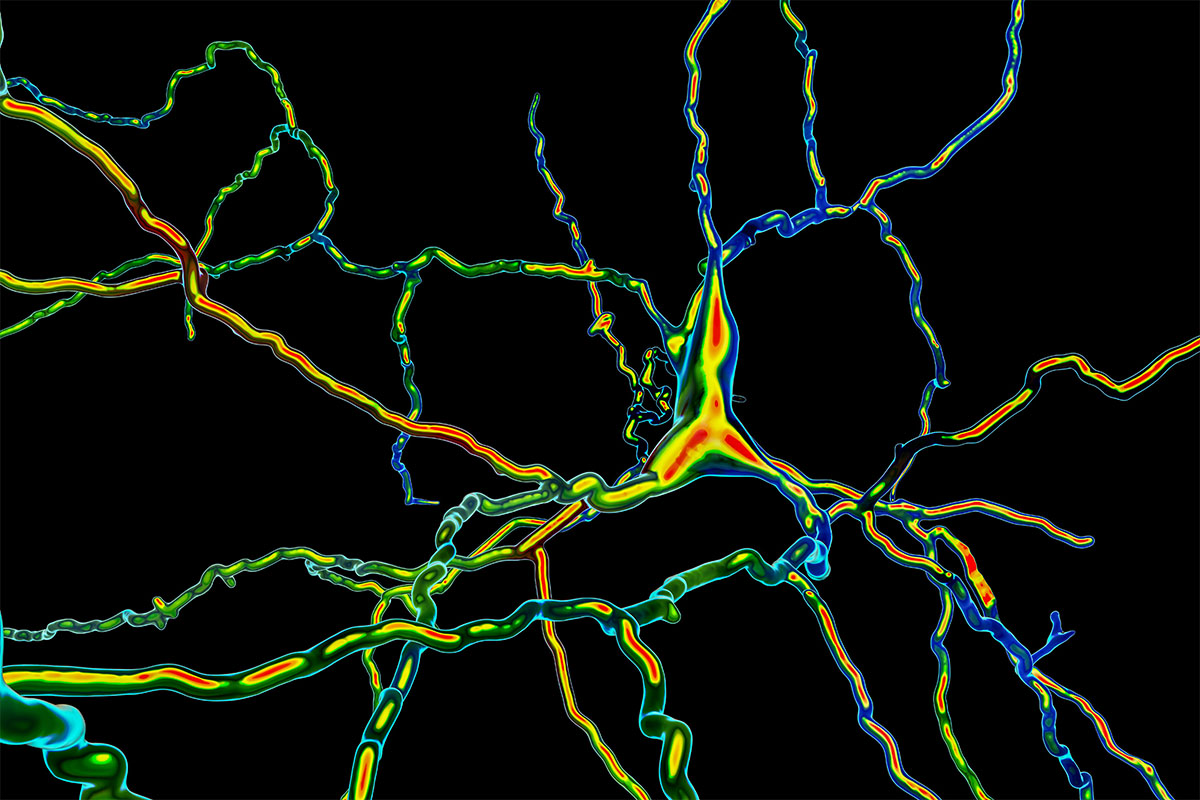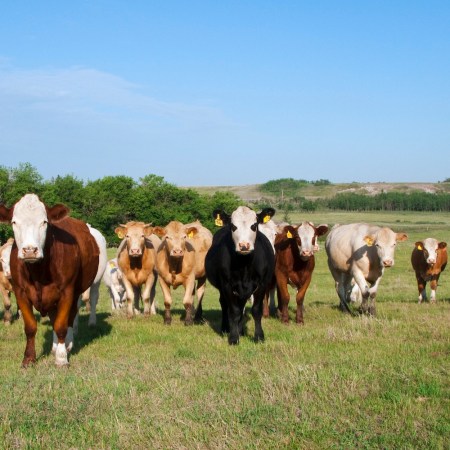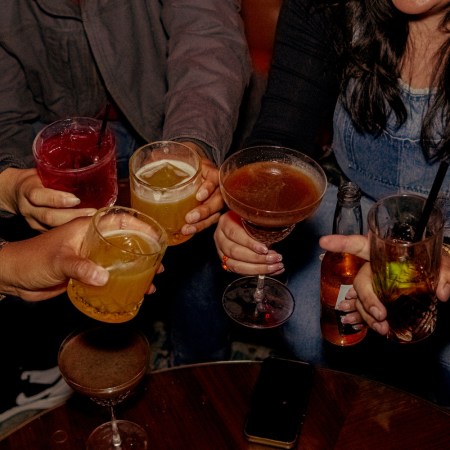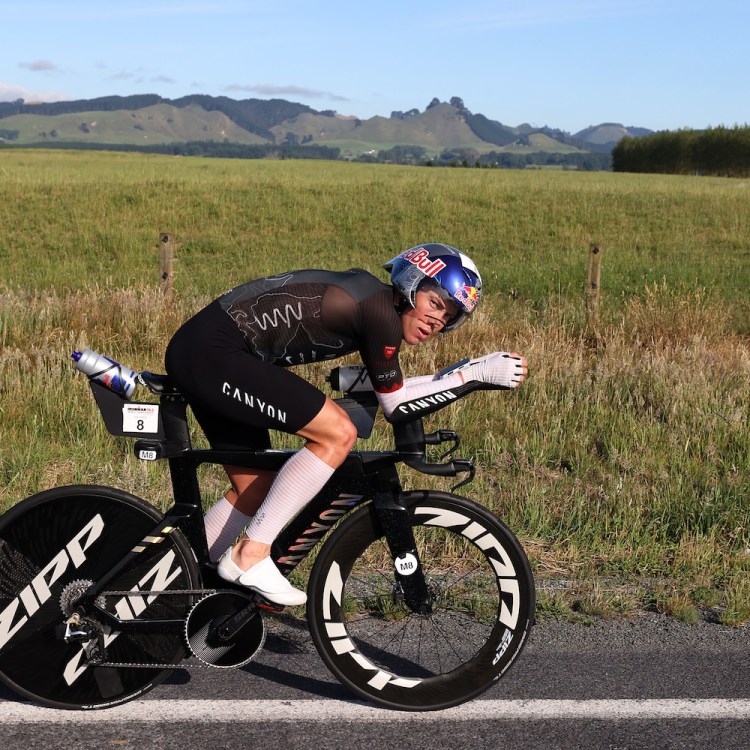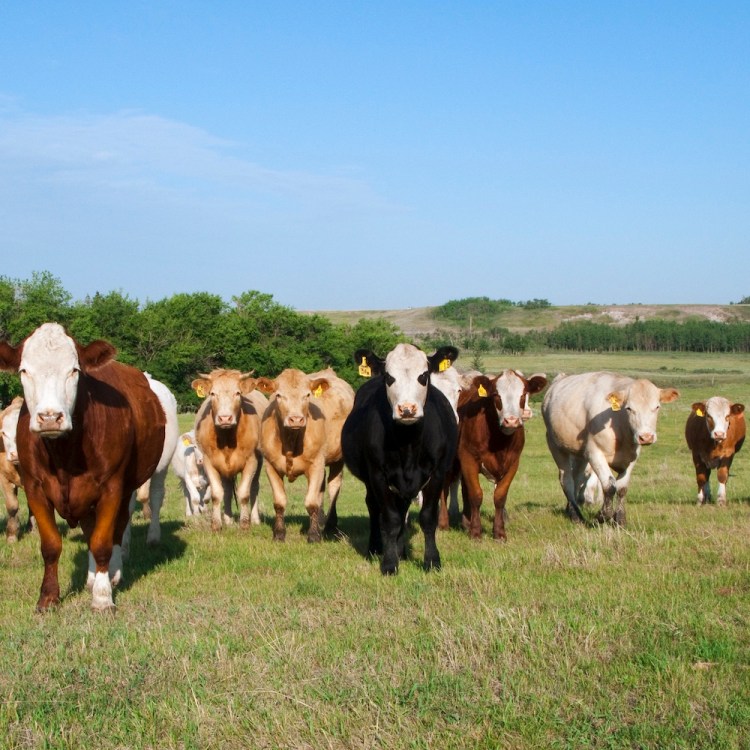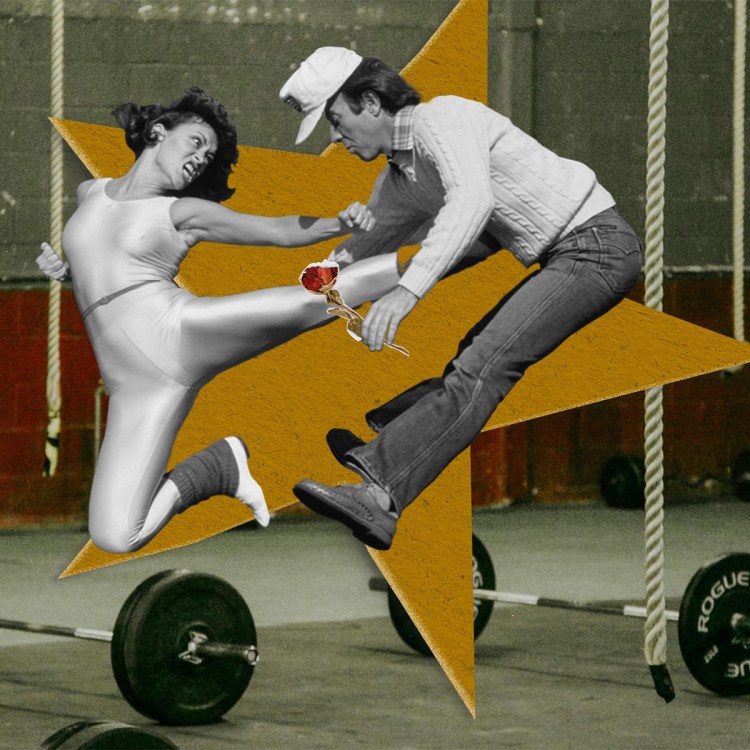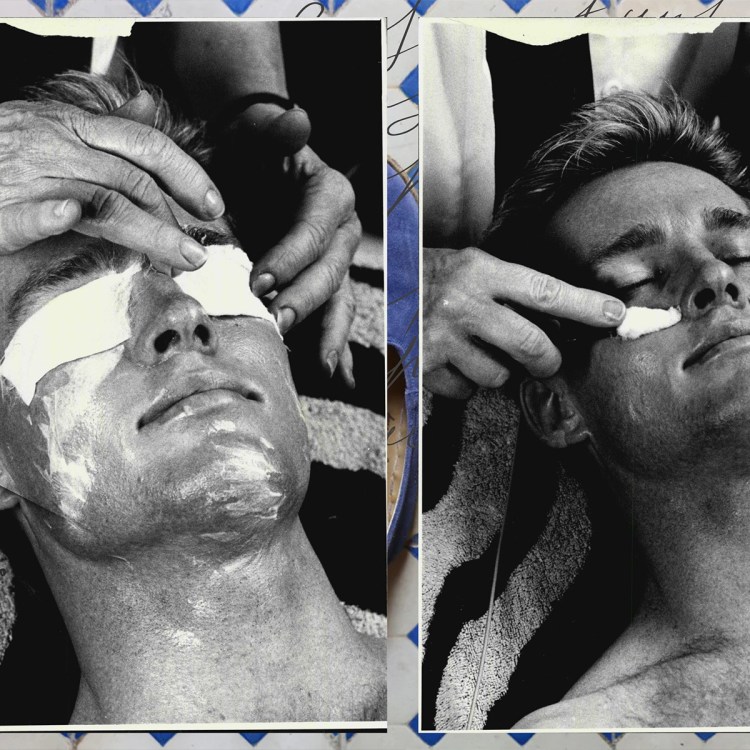It’s difficult for me think of anything more high-reward, low-stakes than a bodega Belgian waffle. I grabbed one yesterday, on the way to see a friend, because I was tired from work and wanted a quick, pre-packaged, $2 hit of sugar. It did the trick — propelling me through a 20-minute subway ride — but by the time I reached his apartment, I felt sluggish again.
That silly stroopwafel makes for an elegant summary of what many psychologists have dubbed modern society’s “evolutionary mismatch.” Our ancestors had every reason to seek out high-reward, low-stakes food. Their very survival was often on the line. For much of history, well before and well after the Neolithic Revolution, the typical human experience was one typified by scarcity. It’s little wonder that we learned, as a species, to prize forms of gratification that took less effort and energy.
But our collective access to goods — and information, entertainment, outrage, drugs, plastics, sports gambling, you name it — is now at odds with that evolution. It’s easier than ever to access things we think we need, but with the stakes significantly lower across the board, they’re offering more harm than help. We’re weathering an over-reliant, out-of-time obsession with dopamine, which has devastating impacts on heart health, cognitive function, depression and longevity.
Brad Stulberg wrote an interesting essay for Outside Online on this topic, using what he calls the brown rice-and-baked potatoes metaphor. “If you are hungry, distracted, and rushed,” he writes (as I most certainly was when I popped into that bodega), “and someone places two bowls in front of you, one of brown rice and baked potatoes, the other of peanut M&Ms and Swedish fish, which would you choose?”
Drop any human alive into that exact situation, and the peanut M&Ms and Swedish fish might go undefeated. Unfortunately, that situation plays out just as Stulberg suggests, every day, in billions of ways; bright colors and convenience have proven their dominance. Look no further than your phone, which was specifically designed to pound your brain’s reward centers, again and again, with notifications and updates that seem essential, but ultimately have little bearing on your life (and almost never have any positive influence on your self-worth).
Stulberg, among other psychologists, vouches for decision-making predicated on long-term satisfaction. If we can accept that our evolutionary characteristics aren’t commensurate with the realities of the modern system, then it’s in our best interest to interfere with our worst instincts. Trade in those quick dopamine doses, which leave you feeling hollow down the line, for building-block behaviors that will give you purpose and pride.
This process isn’t just about getting out of your own way. It’s about proactively blazing a new, better path. So: cut back on social media and binge drinking, sure, but simultaneously replace those sorts of vices with projects (starting or renewing traditions with friends, volunteering one morning a week, planning trips, committing to cooking more, setting a monthly reading goal, trying your hand at a sport or activity) that offer the rare, slow-burn reward we’ve actually been craving all along.
That’s not to say any of this is easy. In fact, you should embrace the fact that it isn’t. Society and evolution are literally stacked against you; how many employers, after all, encourage their employees to slow down? The key is in identifying the many sources of cheap fuel in your life. You don’t have to win every battle — sometimes you’re just going to find yourself in a bodega — but once you start to walk through your days armed with this knowledge, you’ll start to recognize that you deserve better.
The Charge will help you move better, think clearer and stay in the game longer. Subscribe to our wellness newsletter today.
